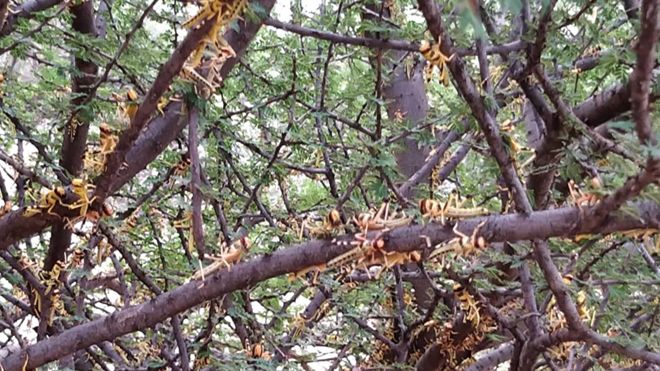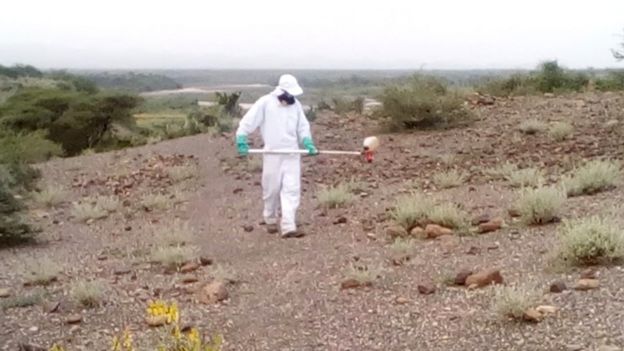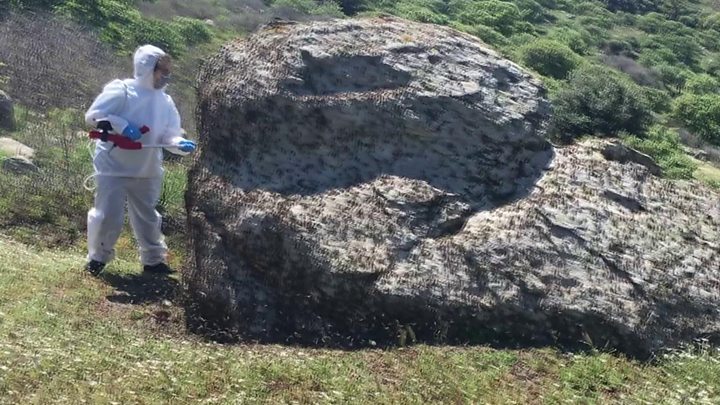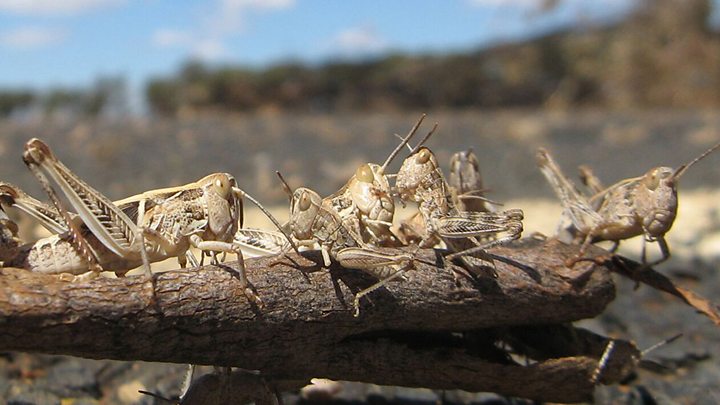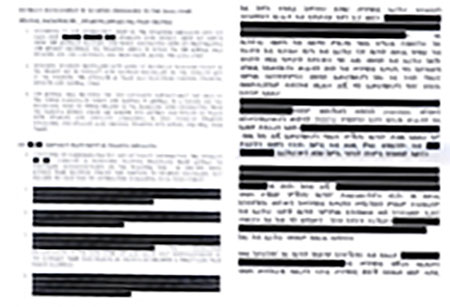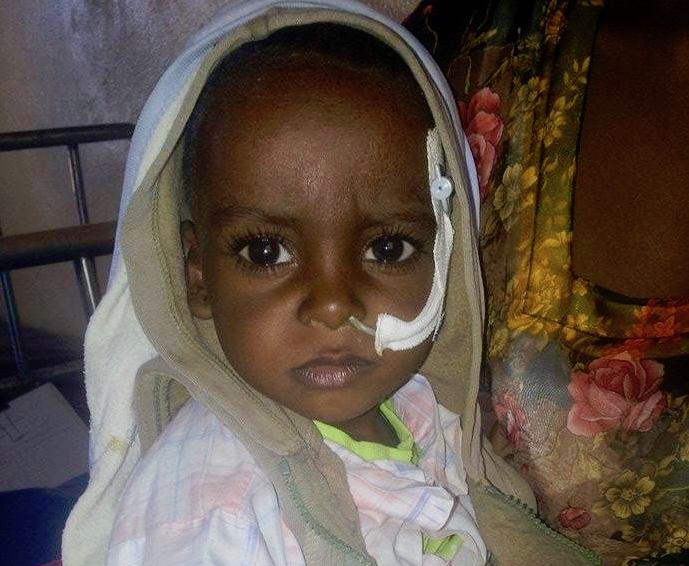If Abiy succeeds in transforming EPRDF into a single party, at least it will offer a possible—albeit still highly risky—way out of the morass by presenting two distinct political choices.
Ethiopia’s situation is incredibly complex and dangerous. Nevertheless, beyond the recent tragic events, perhaps the first signs of a light at the end of tunnel are emerging—weakly flickering in the gloom. The strong push by Prime Minister Abiy Ahmed to create a new party from the ashes of the ruling coalition could set in motion a process to exit the current crisis. Yet, it is highly unlikely to be a peaceful one.The current political context in Ethiopia is characterized by ineffectiveness at federal level and a gaping power vacuum at regional level, except in Tigray. Generally, authority at the grassroots is unsteady. It is either only nominally in the hands of powerless local officials, or in those of emerging informal local groups of influential personalities or new community groups, frequently armed. The two main symptoms are the persistence of insecurity and frequent occurrence of nominally ethnic-based clashes.
This vacuum starts from the top, and spreads through the EPRDF party-state’s chain of command. In Addis Ababa, the confusion inside the ruling circles is palpable, as demonstrated by conflicting official statements over the night-time drama at Jawar Mohamed’s residence that led to protests and deadly violence.
The EPRDF is a Front only in name. The opposition remains scattered and disorganized, although Oromo parties at least remain in discussion with each other. Elections are widely considered as a lifeline, but the schedule is overly ambitious, given the lack of conducive conditions for polls.
From this situation, two strategies present themselves for the political classes:
The first, to proceed to elections in May, come what may. This strategy is supported by a wide range of political forces, including the Prime Minister himself. The oft-stated reasoning behind it is that a postponement would only exacerbate tensions further. Following an election, it is argued, newly elected MPs will finally be legitimate enough to build a coalition which can set the course to resolve two key issues: the type of federalism to be adopted and the degree of economic liberalisation to be pursued.
The second, to defer elections and agree on something akin to a transition period towards orderly elections, or even constitutional reform. This strategy is supported by those who fear that the closer voting day gets, the more tensions will rise. Ultimately, far more important than adhering to the electoral schedule, they say, the survival of the Ethiopian state will be at stake. Therefore, holding premature polls is deemed too risky.
There are key obstacles for the first strategy:
Security problems are frequently mentioned as decisive. But elections cannot bring the crisis to an end if the political landscape is not clarified in advance. The voters should be offered clear electoral options, so that they can decide with at least a minimum degree of knowledge and confidence what the parties represent.
By the same author: Ethiopian elite lost in electoral maze under Abiy’s gaze
At the current conjuncture, however, the competing ideological positions are radically different not only between different political groupings—which is normal—but also within the EPRDF, and, furthermore, inside three of the four coalition’s parties, namely the Oromo Democratic Party (ODP), Amhara Democratic Party (ADP) and Southern Ethiopian People’s Democratic Movement (SEPDM). Currently, voting for any of this trio would not mean making a clear statement on Ethiopia’s future political settlement.
In addition, what legitimacy would MPs possess if it cannot be guaranteed that the elections will be reasonably fair and free? Particularly so, when the PM himself admitted that he cannot take this for granted. Abiy aims for “a relatively free and fair election as compared to the previous elections.” But this would be far from sufficient. Taking the long view, it is notable that previous elections lacked even the minimum requirements of freedom and fairness. What guarantees are in place to give the electorate confidence that the upcoming polls will be any different?
With regards to the second strategy:
The idea here is that elections should only be held after a minimum of consensual rules are set through a process of dialogue between a wide range of stakeholders. While this should restore some calm, even adherents to the plan agree that a pre-condition needs to be met for such a process to succeed. That is, a pivot of the political class towards compromises in order to establish basic rules to proceed lawfully, orderly, and peacefully towards elections. But why, amid the present toxic stalemate, would this turn out well in the next few months when the political class has been unable to reach a compromise—not only since the beginning of the crisis but throughout the last half century?
Towards bipolarity
Amid this deadlock emerges a third strategy:
This is an impulse from the top—from the Prime Minister himself. Abiy has noted that he cannot assert his authority and wield his influence over EPRDF. Thus, he seems to have decided to try and force into life a new organization, tentatively reported as the Ethiopian Prosperity Party (EPP).
This potential party will not merely be an EPRDF expanded to include affiliated parties, adopting representation proportionate to their regions’ size, population, etc. Instead, it would mean the creation of a new party. One which would turn its back on the past ideology and organisation of the EPRDF. Its unifying factor would be his person alone and his philosophy of Medemer. Abiy Ahmed wants to build EPP to cement his power, now and in the future.
The former Zone 9 blogger BefeQadu Haile recently stated that according to the PM’s recently released book, the main values of Medemer are “National Unity, Citizen’s Dignity and Prosperity”. Nothing substantive is mentioned about group rights, nothing about diversity. In short, nothing about ethnic federalism.
In addition, in his statement after the recent mayhem, Abiy focused on reconciliation at the grassroots level, mediated essentially by religious leaders and elders. He did not utter a word about politicians or parties. In a press release, he also sent a strong warning to the so called “enemies”, stating: “We won’t stop the journey we have begun. We will continue, uprooting the weed and taking care of the wheat”. And further, “we will pay whatever price it takes to make sure that the prosperity of Ethiopia and its people will be realized.”
As hostilities against Abiy rise in different circles, his journey to try to concentrate more power into his hands brings to mind Ethiopia’s age-old attachment to the teleq säw, the Big Man. Presently, this trend is fueling discontent.
By the same author: Federalist façade for centralist front
But, above all, if the EPP comes to life, the development will likely lead to a political choice between an “Abiy pole” and an “ethnic federalist pole”. The hope is that, thereafter, the currently diverse and divided multitude of political forces would then—more or less—gravitate to either of these two poles. This could be the beginning of a clearing-up of the political landscape:
On both sides, this rift would be based on sincerely held political beliefs and, in the long run, ethnicity should diminish in importance. Thirst for power and control over and access to resources—which go with in the present oligarchic system in Ethiopia—will undoubtedly also play a crucial, if not primary, role.
Obviously, TPLF, the Oromo opposition, and parts of ODP and SEPDM—possibly even the strong Amhara identity wings of ADP and the National Movement of Amhara—would gravitate towards this latter, “ethnic federalist pole”. While Abiy’s EPP would perhaps be more allied with one-nation, Ethiopianist political forces, such as the Ethiopian Citizens for Social Justice Party (Ezema) or movements like Eskinder Nega’s Baladeras Council.
Risky strategy
Nevertheless, it is highly probable that the rift over the EPP, which has already deepened the splits inside the EPRDF, will, in the short-term, only deepen the country’s ongoing crisis.
Moreover, it is not at all clear if the risks of further party splits have factored into Abiy and his advisor’s strategic calculations and contingency plans. Thus, in the meantime, I share the fears of commentators, such as Tsedale Lemma, Awol Allo, Birhanu Lenjiso and others who “ring the alarm bell” with convincing arguments that this (third) strategy of creating the Prosperity Party may, at first, breed further instability.
And, in addition to the risk of exacerbating deadly tensions, another question is if Abiy’s primary focus is really to move towards a democratic transition—or if it is to cement his power?
Jawar seems to share this concern. He has, since his return from exile, stood by the PM and his reform and reconciliation process. He only began criticizing Abiy openly once the latter proposed to create a unified party. Jawar then accused the PM of “taking Ethiopia back to ‘the old ways’ of authoritarian rule”. On this, Tsedale aptly noted: “Jawar Mohammed drops a bombshell when he not only outlined the dilemma of the new party, but set forth the possible scenarios, as a result of it, of a ‘constitutional crisis’ (quite frankly convincing), and which, he says, may culminate in snap elections regionally and nationally.
By the same author: Building on tradition, local bosses may fill EPRDF-sized hole
This is an indication that Abiy’s intention to push ahead with creating the EPP worries not only the EPRDF coalition and Abiy’s ODP, but also those political forces—outside the party-state apparatus—that helped bring him to power.
But what might be the actual impact of Abiy’s bold forward step? In every scenario, it would break the deadly day-to-day political routine of the highly fractured party-state and the opposition. The cards would be entirely reshuffled.
The PM’s move is, however, risky. Abiy could fail. ODP’s former leader and still popular figurehead, Lemma Megersa, has expressed in party meetings his opposition to the merger. Abiy may be obliged to backtrack if he cannot garner the full support of his closest allies, which is far from certain at this stage, or if opposition is too strong.
Nevertheless, if EPP sees the light of day, it could be that Abiy and his advisors have also overestimated the number of followers this new party might actually attract. Has not the recent stand-off with Jawar shown that—despite winning the Nobel Peace Prize—Abiymania seems to be on the wane?
In any case, such a miscalculation would mark a dramatic end of Abiy’s pre-eminence. He would be largely delegitimized as leader, or at least his privilege as a reconciliatory care-taker who can lead the transition would evaporate. Consequently, a wide space would open up for other parties to compete for power.
Becoming multi-ethnic
That said, and while all these concerns and caveats are valid, those who strongly oppose the creation of the new party should consider the following points:
A transition to democracy cannot occur without destroying or profoundly transforming the party-state structures of the EPRDF which were hitherto so centralised and consistent. Attempts to break down the old security apparatus have more or less already been undertaken. But this has not stabilised the security situation of country yet—on the contrary. Alongside disentangling the party from the state, should there not be a serious attempt—however risky, chaotic and full of ulterior motives—to reorder the currently fractured political landscape into distinct and coherent groupings? That is, clumped at two poles.
It is true that in order to allow a more constructive rationalising of the political landscape, both the “Abiy pole” and the “ethnic federalist pole”, would eventually need to become decidedly multi-ethnic. Only an embrace of ideology-based politics would allow this new polarisation to contribute to a shift away from politicizing ethnic divisions towards foregrounding political competition along policy divisions.
Pushing paroxysm
Some commentators have questioned the legal issues surrounding the creation of EPP and see the law book as the greatest obstacle to replacing the EPRDF. Taking into account precedents in Ethiopian politics, however, the reality is that legal checks and balances on the party-state are unreliable, as is the case within party organs. During the three main crises of TPLF and later the EPRDF, the rules have been systematically bypassed: during the hinfishfish (anarchy/weakening) phase at the end of the 70s; the dismissal of Aregawi Berhe and Giday Zeratsion in 1985; and by Meles and his followers in 2001 during the tehadso (renewal) phase.
Historically, in Ethiopian political culture, centralism has prevailed over democracy; the highest body can take decisions regardless of the positions expressed by the lower levels. The final winner is absolved of punishment for these infringements. I doubt Abiy will feel bound by party rules or the legislative. His rule so far has suggested he will governs by bypassing the laws if he feels it is necessary. He may well claim that the country’s de facto state of exception justifies whatever changes to the EPRDF he wants to make.
By the same author: Climbing Mount Uncertainty
The ongoing turbulence across Ethiopia is getting unbearable. Almost all exits from the crisis seem blocked. The only option may be to slip through any remaining narrow gap. By trying to centralise power and further his authority around a clear-cut political position, premised primarily on his persona and philosophy, Abiy is set to push the crisis to its paroxysm.
Already, if Jawar’s claim is accurate, a group of high-ranking officials had decided—with or without the green light from Abiy—to try to at the very least to intimidate him. This could be part of a strategy to vigorously confront the ethno-nationalist opposition. The consequences, however, were fatal: around 80 people were killed, hundreds wounded. Thus, the widespread fears of worsening conflict are palpable.
Another consequence is that Oromia, the most populous regional state, is openly divided. This includes the top echelons of ODP, who are torn over the federation’s future. Meanwhile, Jawar has suggested that he may now stand as a candidate in the next elections. The positive effect of this is that it could give each pole—Abiy and the ethnic federalists—a hefty individual force for followers to gravitate around.
Amid the gathering gloom, and a possible descent into total darkness, let us hope that the words of one of the founders of the European project, Jean Monnet, prove prescient for Ethiopia under Abiy: “Humans see the necessity of change only when they face a crisis… then it can be a new birth”.
The alternative is almost too awful to contemplate.
Source=https://martinplaut.wordpress.com/2019/11/01/ethiopia-a-flicker-in-the-gloom/


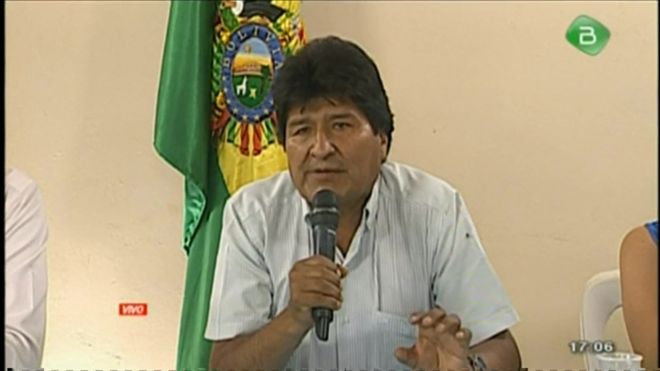
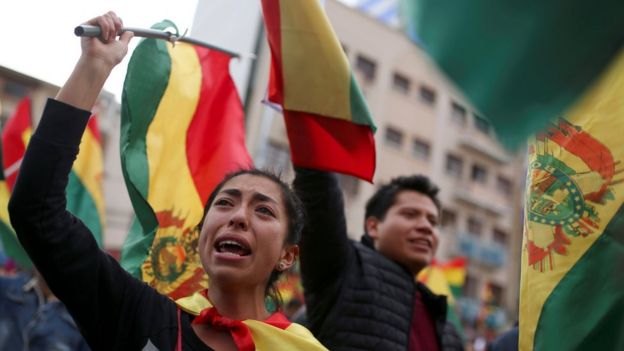
 Issayas Afeworki © REUTERS/Feisal Omar
Issayas Afeworki © REUTERS/Feisal Omar Yemane Ghebreab © UN Photo
Yemane Ghebreab © UN Photo
 Abraha Kassa © all rights reserved
Abraha Kassa © all rights reserved
 Yemane Ghebremeskel © all rights reserved
Yemane Ghebremeskel © all rights reserved
